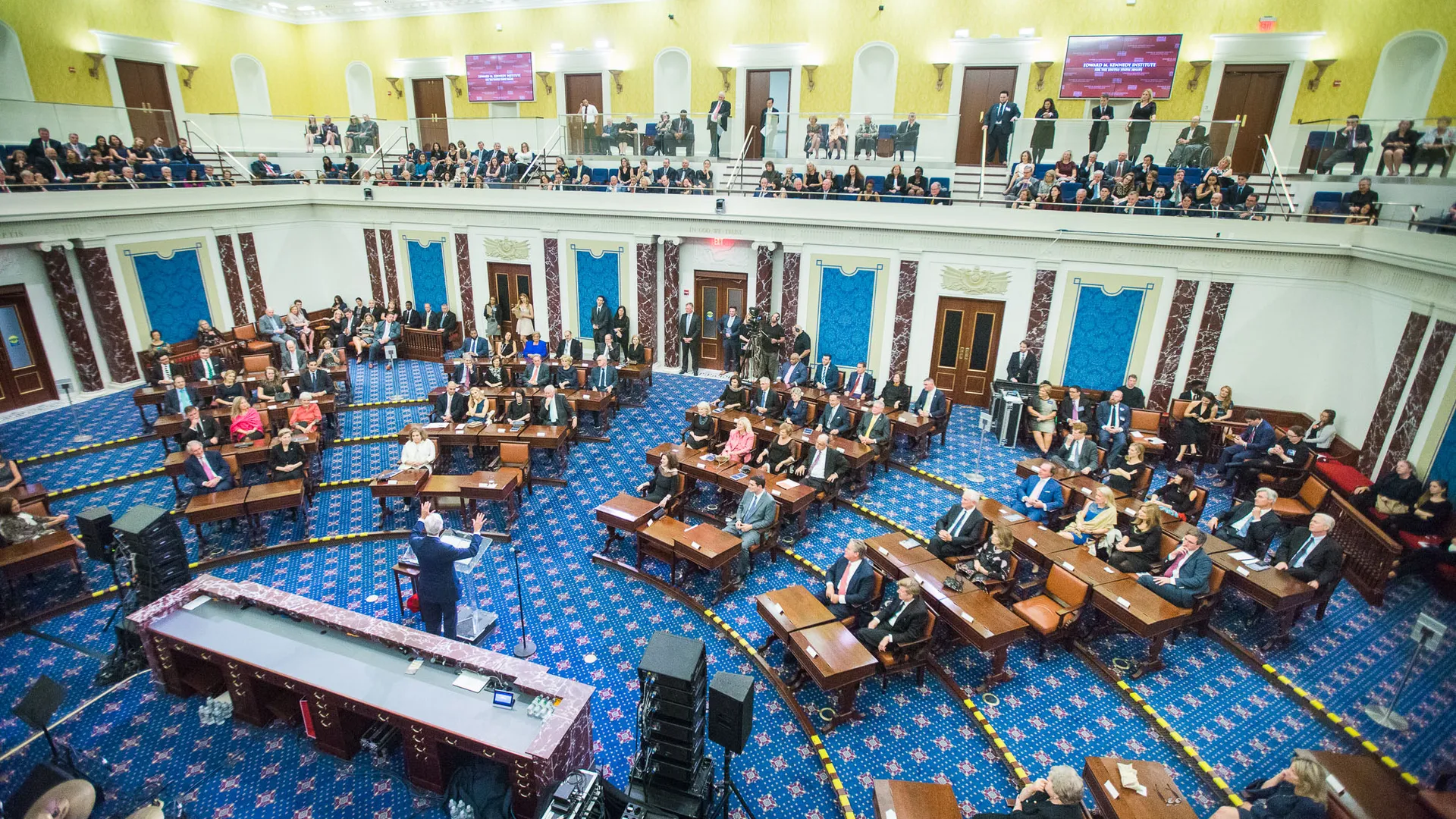In a stunning turn of events, Senator Thom Tillis (R-NC) has publicly denounced the controversial Big Beautiful Bill, exposing alarming flaws in its energy provisions that threaten not only clean energy initiatives but also the health of communities across North Carolina and beyond. This bill, which aims to cut Medicaid and food stamps, while heavily funding Immigration and Customs Enforcement (ICE), comes at a time when the nation urgently needs to shift towards sustainable energy solutions.
Tillis Calls Out Climate Crisis Denier
During a recent Senate floor speech, Tillis criticized the bill"s hasty development, particularly calling out Alex Epstein, a self-styled philosopher and energy expert known for his staunch pro-fossil fuel stance. Tillis articulated his concerns about relying on individuals who lack practical experience in the energy sector to shape critical energy policy. "I have to vote against a bill from my own party that I have never parted from before," he stated, highlighting the severe implications of this legislation on grid reliability and job stability in clean energy sectors.
Public Outcry Against the Bill Grows
Recent polls, including one from Fox News, show that public opposition to the Big Beautiful Bill stands at a staggering 59 percent, with only 38 percent supporting it. This backlash underscores a growing discontent among constituents regarding the bill’s prioritization of tax cuts and ICE funding over essential social safety nets and climate action. The question remains: how can lawmakers justify slashing vital programs that support vulnerable populations while simultaneously jeopardizing clean energy jobs?
Job Losses in Clean Energy Sector
Labor leaders are raising alarms about the potential job losses associated with the bill’s pro-fossil fuel provisions. Sean McGarvey, president of North America’s Building Trades Unions (NABTU), warned that if enacted, this legislation could be the “biggest job-killing bill in the history of this country.” He compared its impact to terminating over 1,000 Keystone XL pipeline projects, a stark reminder of the heavy toll this legislation could take on the economy.

Sanders-Graham debate tests waters for a Senate reset
Epstein’s Influence on Energy Policy
Epstein"s involvement in shaping the bill’s energy provisions is particularly troubling. Known for his controversial views, including dismissing climate action as a form of “anti-human” ideology, Epstein has gained traction among some Republican lawmakers. His recent formation of the Energy Freedom Fund raises red flags about the influence of fossil fuel interests in policymaking. Epstein’s advocacy against energy tax credits has drawn criticism from officials like Senator John Curtis (R-UT), who described it as “more of a dagger in the heart” of the clean energy transition.
Consequences of Ignoring Renewable Energy
The implications of this legislation extend far beyond job losses. By undermining support for renewable energy, the Big Beautiful Bill fails to recognize the urgent need to transition away from fossil fuels to combat climate change. Experts warn that a retreat from clean energy initiatives could lead to increased carbon emissions and exacerbate existing environmental injustices faced by marginalized communities. The reliance on outdated fossil fuel infrastructure risks not only the stability of our energy grid but also the health and well-being of the communities that disproportionately bear the brunt of pollution.
Energy Experts Advocate for Sustainable Solutions
While policymakers like Tillis express concern over the bill’s ramifications, innovative solutions are emerging from the private sector. Companies like ChargeScape are demonstrating how electric vehicle batteries can stabilize energy supply without relying on natural gas peaker plants. As Joseph Vellone, CEO of ChargeScape, explained, leveraging existing technology could be a far more cost-effective and sustainable approach to maintaining grid reliability.
However, the continued prioritization of fossil fuel interests in legislation like the Big Beautiful Bill threatens to stifle these advancements. Abigail Ross Hopper, president of the Solar Energy Industries Association, emphasized that this bill undermines America’s path towards a clean energy future, stripping families of their right to choose sustainable energy options.

Congressman Pat Harrigan Applauds Passage of the One Big ...







![[Video] Gunfire between Iraqi security forces and Sadr militias in Baghdad](/_next/image?url=%2Fapi%2Fimage%2Fthumbnails%2Fthumbnail-1768343508874-4redb-thumbnail.jpg&w=3840&q=75)
